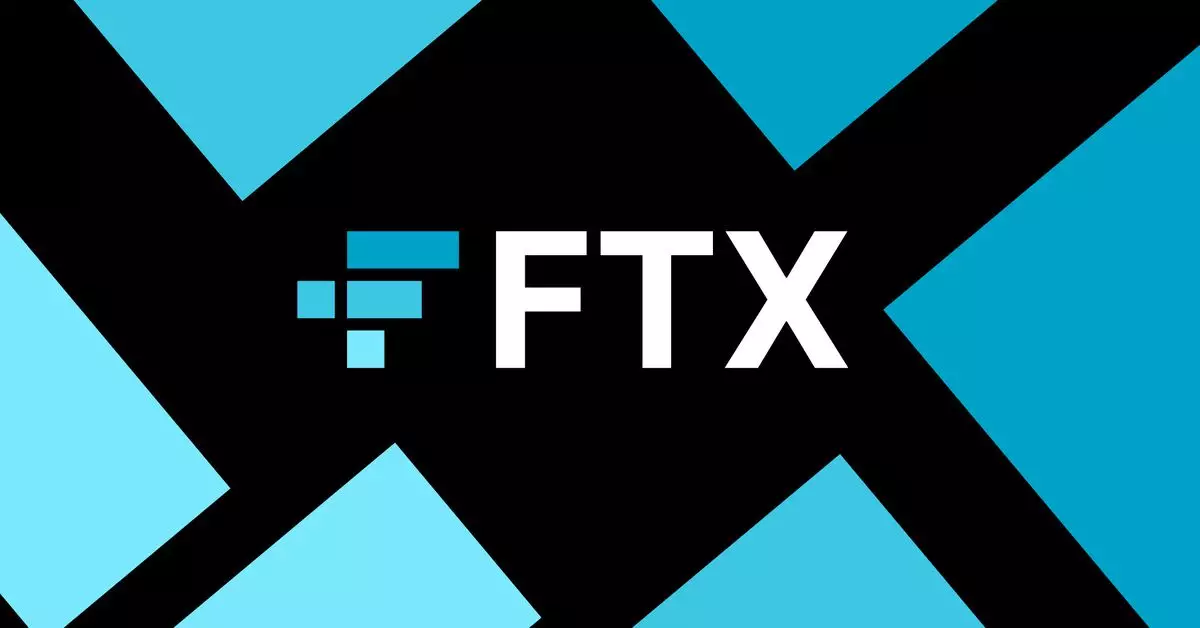In a dramatic turn of events within the cryptocurrency landscape, the collapsed crypto exchange FTX and its estate are pressing legal charges against Binance, along with its former CEO, Changpeng Zhao, for a staggering sum of $1.76 billion. This lawsuit casts a shadow over not only Binance but also the broader sector, highlighting the ongoing repercussions of the FTX scandal, which has already tainted many reputations. At the heart of the lawsuit is a complex share repurchase deal allegedly conducted under misleading pretenses, with claims that the deal occurred at a time when FTX was reeling from insolvency—a consequence of internal fraud masterminded by its co-founder, Sam Bankman-Fried.
According to the filed documents, FTX asserts that $1.76 billion worth of funds was illicitly transferred to Binance executives as part of a deal, allowing Binance to sell back its shares in FTX. This included a significant 20% stake in FTX’s international operations and an 18.4% interest in its U.S. counterpart. Notably, the transaction is said to have been financed using a combination of FTX and Binance’s own cryptocurrencies. This raises questions about the legitimacy of the financial maneuvering, especially considering that FTX and its trading partner, Alameda Research, were reportedly in no condition to fund such a transaction due to insolvency.
Adding another layer to this contentious issue, Zhao’s public statements about a potential liquidation of FTX tokens are also under scrutiny. The lawsuit claims these statements were deliberately misleading and contributed to a massive withdrawal rush from FTX, effectively sealing its fate. On November 6, 2022, Zhao announced Binance’s intent to liquidate $529 million in FTX tokens, which ostensibly precipitated a cascade of withdrawals. This rapid extraction of funds exposed underlying financial instability at FTX, ultimately leading to its collapse and Bankman-Fried facing criminal charges for fraudulence.
The ramifications of the FTX debacle extend far beyond this single lawsuit. The fallout of the exchange’s rapid decline has sparked numerous legal battles; FTX’s estate has embarked on a widespread recovery strategy, filing over 20 lawsuits aimed at reclaiming billions. This includes efforts to recoup a notable $90 million from Waves blockchain founder Aleksandr Ivanov. Furthermore, a court-sanctioned plan to repay $16 billion to aggrieved customers showcases the scale of restitution efforts necessitated by FTX’s catastrophic collapse.
In light of the serious allegations posed against them, Binance maintains that the claims are unsubstantiated and has pledged to mount a vigorous defense. This predicament not only puts Binance’s operations under intense scrutiny but also serves as a cautionary tale for the entire cryptocurrency sphere. As regulatory agencies begin to crack down on malpractice, the intricate interplay of deceit and misplaced trust laid bare by the FTX debacle raises pressing questions about investor protections and transparency in the crypto market.
The legal battle between FTX and Binance epitomizes the turbulence and unpredictability of the cryptocurrency landscape, reminding stakeholders of the potential risks intertwined with this burgeoning industry. The outcome of this case is likely to resonate through financial corridors, influencing public trust and regulatory frameworks for years to come.

